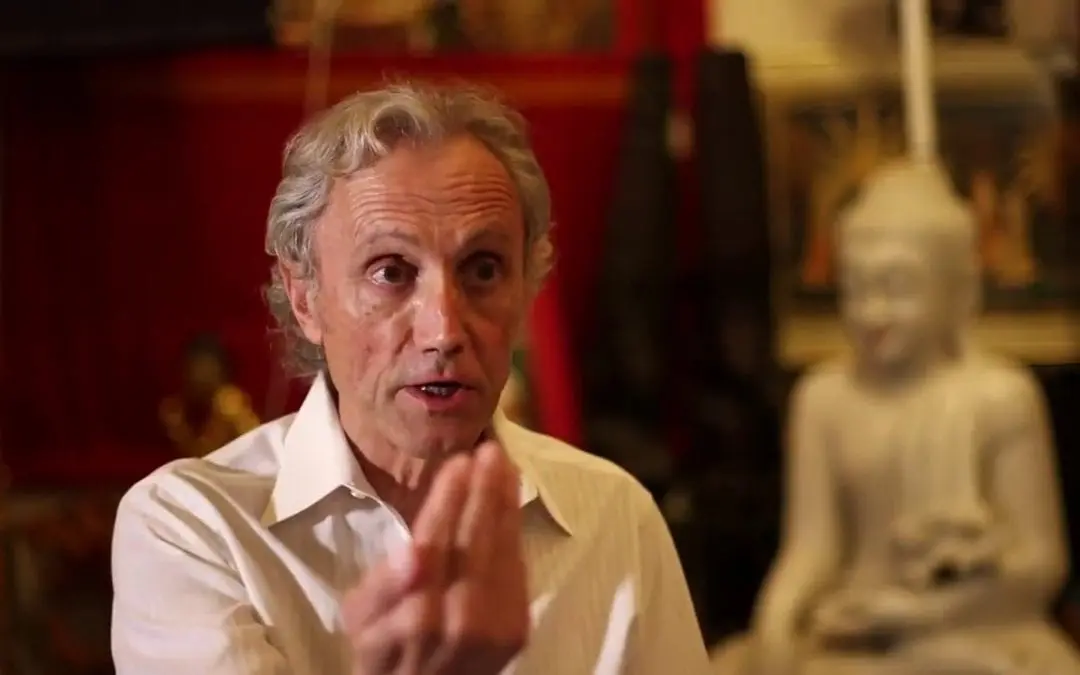
The Historian of the Western Soul
In 1991, Richard Tarnas published a book that became standard reading in universities worldwide: The Passion of the Western Mind. It was a brilliant, sweeping history of Western thought from Plato to Hegel to Jung. But in 2006, he dropped a bombshell. He published Cosmos and Psyche, arguing that the history of Western civilization correlates with the movements of the planets.
Tarnas is not a “pop astrologer.” He is a rigorous cultural historian and philosopher who argues for an Archetypal Cosmology. He suggests that the universe is not a dead machine, but a living, meaningful entity. The planetary alignments do not cause events (like gravity causes tides); they correlate with archetypal patterns in the collective psyche (like a clock correlates with time).
Biography & Timeline: Richard Tarnas
Born in Geneva, Switzerland, to American parents, Tarnas grew up in Detroit and studied at Harvard. He moved to California to study at the Esalen Institute, where he eventually became the director of programs. It was there, under the tutelage of Stanislav Grof and Joseph Campbell, that he began his decades-long research into astrological correlations.
Tarnas is a professor at the California Institute of Integral Studies (CIIS), where he founded the graduate program in Philosophy, Cosmology, and Consciousness. He is a bridge-builder, connecting the academic rigor of history with the depth of transpersonal psychology.
Key Milestones in the Life of Richard Tarnas
| Year | Event / Publication |
| 1950 | Born in Geneva, Switzerland. |
| 1972 | Graduates from Harvard; moves to Esalen Institute. |
| 1991 | Publishes The Passion of the Western Mind, a bestseller in intellectual history. |
| 2006 | Publishes Cosmos and Psyche: Intimations of a New World View. |
Major Concepts: The Participatory Mind
Archetypal Cosmology
Tarnas argues that archetypes are not just psychological structures; they are cosmic principles.
- Saturn: The principle of limit, structure, contraction, and reality.
- Uranus: The principle of revolution, freedom, awakening, and disruption.
- Pluto: The principle of depth, transformation, death-and-rebirth, and power.
The Evidence: Tarnas tracks historical cycles (e.g., the French Revolution, the 1960s counterculture) and shows how they align perfectly with planetary aspects (like Uranus-Pluto alignments).
The Two Suitors Parable
Tarnas uses a parable to explain our relationship with the universe. Imagine the universe is a woman, and two suitors are wooing her.
- Suitor A (Modern Science): Treats her as an object, a dead machine to be dissected and controlled. She reveals to him only her mechanics.
- Suitor B (Participatory Mind): Treats her as a living soul, a subject to be loved and understood. She reveals to him her secrets and her depth.
We have been Suitor A for 400 years. Tarnas invites us to become Suitor B.
The Conceptualization of Trauma: The Saturn-Pluto Cycle
Tarnas’ work offers a cosmic context for collective trauma. For example, he notes that major wars and contractions often align with hard aspects between Saturn (structure) and Pluto (destruction). This doesn’t mean we are “fated” to suffer; it means there is a cosmic “weather” we must navigate.
Understanding one’s own birth chart (the position of the planets when you were born) can be a tool for trauma integration. It reframes suffering not as random bad luck, but as an initiation into a specific archetypal power (e.g., a “Pluto transit” is a time of descent and empowerment).
Legacy: Re-Enchanting the Universe
Richard Tarnas has done the impossible: he has made astrology intellectually respectable again. He challenges the “disenchanted” worldview of modernity, which sees humans as lonely accidents in a cold void.
He offers a “Participatory Worldview.” We are not separate from the cosmos; we are the cosmos reflecting on itself. Our individual lives are woven into the great movements of the heavens.
Bibliography
- Tarnas, R. (1991). The Passion of the Western Mind. Ballantine Books.
- Tarnas, R. (2006). Cosmos and Psyche: Intimations of a New World View. Viking.

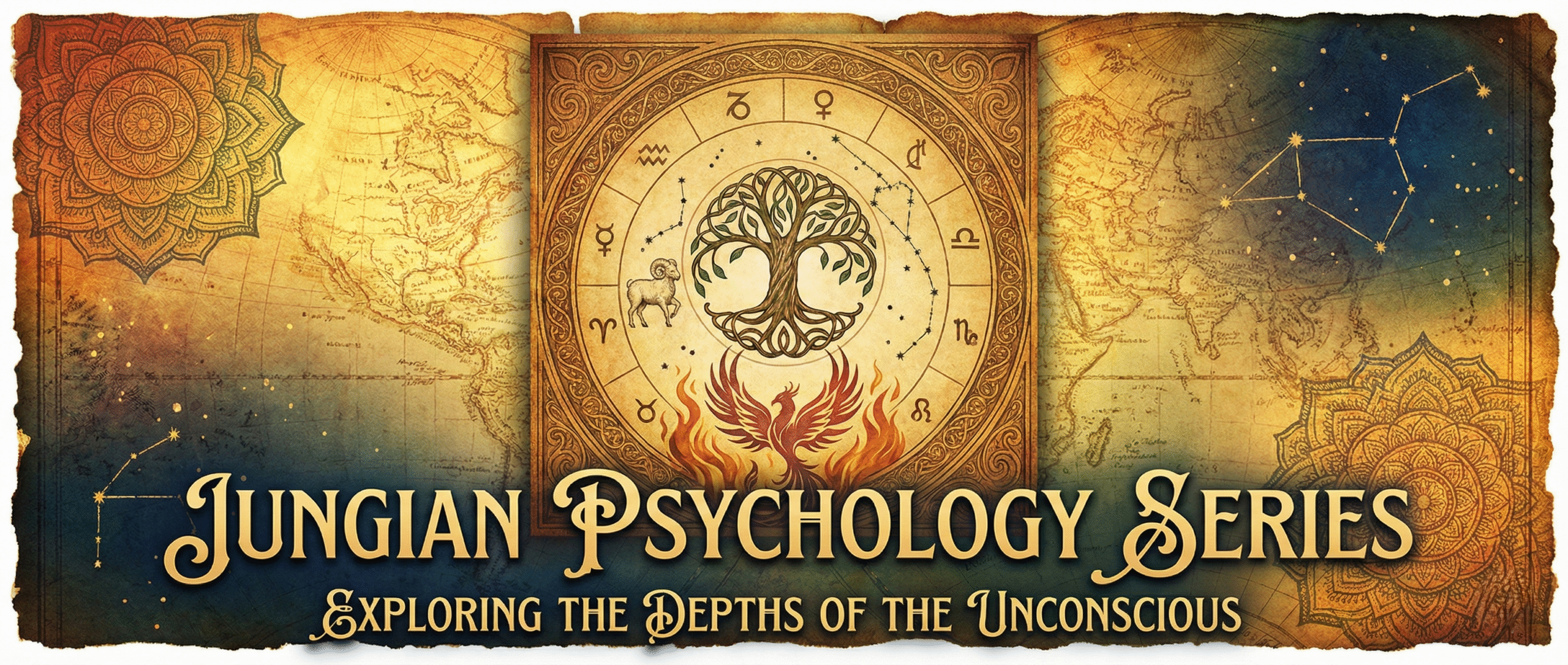
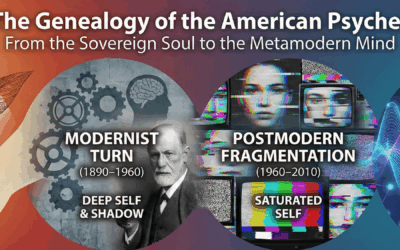

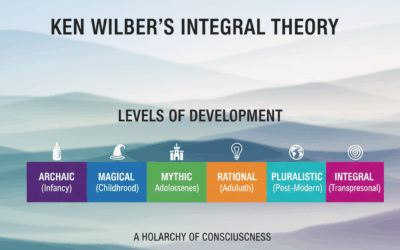



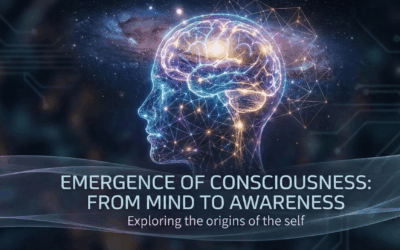

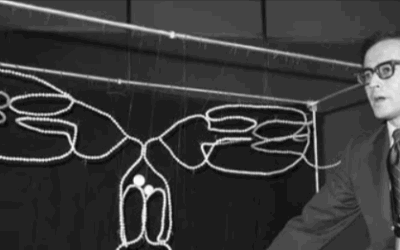
















0 Comments